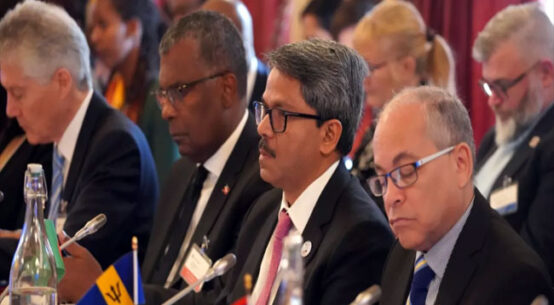
Mali Rebels Claim Killing of 131 Soldiers and Russians In July Clashes. In a series of intense battles in late July, Mali’s northern Tuareg rebels reported killing at least 84 Russian Wagner mercenaries and 47 Malian soldiers. The rebel group, the Permanent Strategic Framework for Peace, Security, and Development (CSP), shared these figures after days of fierce fighting near the northern border town of Tinzaouaten. An al Qaeda affiliate also claimed responsibility for killing 50 Wagner fighters in an ambush in the same area.
Before this latest claim, the losses marked Wagner’s most significant defeat since they began supporting Mali’s military authorities two years ago. Both Mali and Wagner have refrained from disclosing specific troop losses, although Wagner acknowledged in a rare statement on July 29 that it had suffered heavy casualties. Malian authorities also confirmed severe losses without providing exact numbers.
Despite the setbacks, Russian-Malian cooperation seems unaffected. On Thursday, Russia’s foreign ministry confirmed that Foreign Minister Sergei Lavrov had discussed ongoing support with his Malian counterpart. Lavrov reiterated Russia’s commitment to assisting Mali on socioeconomic issues, enhancing the combat capabilities of its armed forces, and training military personnel, though he did not mention the recent clashes.
Russian forces have been present in Mali since the military took power through coups in 2020 and 2021, expelling French and U.N. troops that had been combating Islamist insurgents for a decade. The Malian government has accused Tuareg and jihadist groups of collaborating. However, the CSP stated that it fought alone during the recent clashes.
The CSP reported capturing seven Malian soldiers and Wagner fighters, along with a significant cache of weapons, ammunition, vehicles, and other equipment.
The Tuareg people, who inhabit the Sahara desert, including parts of northern Mali, have long felt marginalised by the Malian government. In 2012, Tuareg separatists initiated an insurgency, demanding an independent homeland called Azawad. This struggle eventually intertwined with an al Qaeda-aligned Islamist rebellion in the same region.


